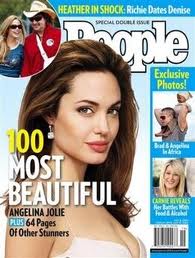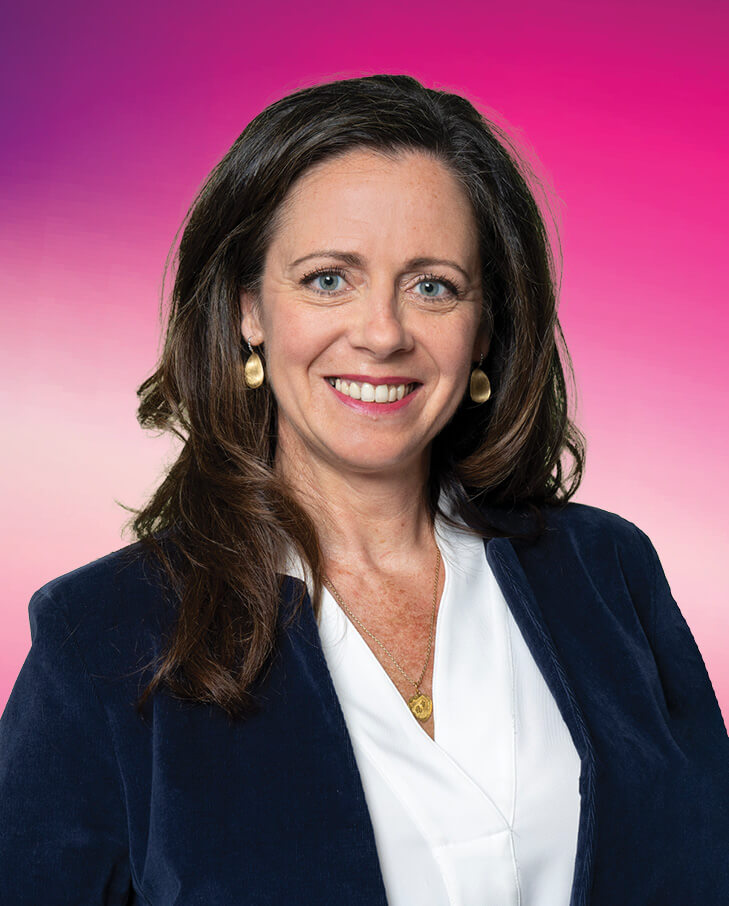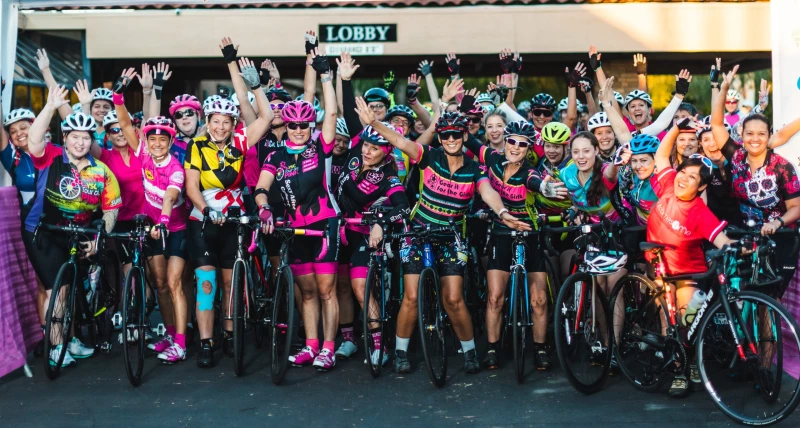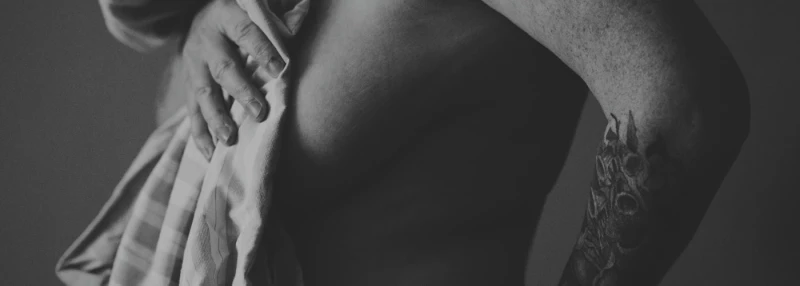 It is nuts, but breast cancer in young women is becoming a sexy trendy topic. And today, Angelina Jolie, repeatedly named the sexiest woman alive, announced she had a bilateral mastectomy.
It is nuts, but breast cancer in young women is becoming a sexy trendy topic. And today, Angelina Jolie, repeatedly named the sexiest woman alive, announced she had a bilateral mastectomy.
As I listened to the news this morning, I thought about my own bilateral mastectomy and its impact on how I thought about myself. Now, Angelina Jolie announced she’s had one and saying she won’t let such a life altering surgery steal her sexuality – why had I? Yes – of course it’s different, this was a preventive measure – but it’s certainly thought-provoking.
I was saddened to hear that Angelina had lost her mother to ovarian cancer and I know personally how much consideration and thought goes into a decision of a bilateral mastectomy. What I think is amazing is that she didn’t have to tell anyone … she could have kept it a secret. But she didn’t – she chose to tell the world, despite the fact that her brand has been built on other people’s perception of her sexiness.
I applaud Angelina’s efforts to raise awareness of the BRCA gene mutation by speaking out. Although I am slightly concerned that the messaging could create panic that all young women should be tested – which is not true. According to what we know today, BRCA (genetic) cancers only account for 5-10 percent of all breast cancer cases, a far cry from everyone.
However, everyone should ask questions about their family history and document all cancers and at what age they occurred on BOTH sides – maternal and paternal (Did you know it’s possible to inherit the BRCA gene mutation from your father?). If you are concerned, our partner organization Bright Pink, has created a tool to help you asses your risk, generating a report to take to your doctor. (http://www.brightpink.org/knowledge-is-power/assess-your-risk/). After using this tool, you and your doctor should talk about the next best steps, which should include speaking with a genetic counselor. This is a personal decision that you and your doctor will make together on a case-by-case basis.
Angelina was not diagnosed with breast cancer (thank God!) - but what about all of the young women, like myself, who have already been diagnosed? What does genetic testing mean for us? Again, your doctor should advise you if genetic testing is a good idea, so please make sure to have the discussion. I was diagnosed with breast cancer seven months after my mother was diagnosed, decided to have the test after genetic counseling, and found out I was NOT BRCA positive. This is information that my doctors and I use to make informed decisions about my treatment going forward – knowledge can be empowering.
Some of the concerns that young breast cancer survivors face every day can include body image issues, sexuality after cancer and the long-term effects of surgery. And it is hard. It is hard to feel sexy when you have no estrogen egging you on. It is hard to feel sexy when all you can see is the scars looking at you in the mirror. It’s hard to feel sexy when your body is no longer the body you once had. These are real issues and it is important to raise awareness of these survivorship issues and their impact on the quarter of a million young women who have been diagnosed with breast cancer in the US before their 41st birthday.
So as we watch the media unfold around Angelina’s choice to share this private decision, I hope that all of us use this news as an opportunity to encourage people to learn and ask questions about their own family cancer history and raise awareness that young women can and do get breast cancer. For those of you who have learned you have a BRCA gene mutation or would like to discuss concerns that you might be at risk with other young women in the same boat, YSC’s online community has a discussion group just for you: http://community.youngsurvival.org/index.php?/forum/9-risk-and-genetics/



